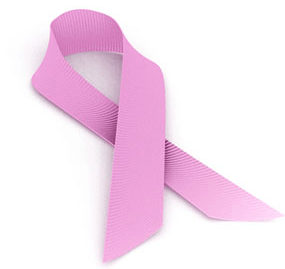Continues sensitization needed in the fight against childhood cancer – Dr Commeh
 Dr Mary Efua Commeh, the Deputy Programme Manager, Non-Communicable Diseases Control Programme of the Ghana Health Services, has called for continues sensitization on childhood cancer to enable parents and guardians look out for possible signs when there is a problem with a child for early treatment.
Dr Mary Efua Commeh, the Deputy Programme Manager, Non-Communicable Diseases Control Programme of the Ghana Health Services, has called for continues sensitization on childhood cancer to enable parents and guardians look out for possible signs when there is a problem with a child for early treatment.
She said hospitals were picking up more cases and there was the need to create awareness as cancers have been identified as the leading cause of deaths in children.
Dr Commeh said this at the second national stakeholder workshop on childhood cancer organized by World Child Cancer and the World Health Organization (WHO) in Accra.
The aim of the workshop was to increase capacity of countries to provide quality service for children with cancer, increase prioritization of childhood cancer at the global and national levels.
It would summarize the landscape and priorities for cancer control in children and adolescents in Ghana, highlight the available resources and tools of WHO for the assessment, prioritization, development and scale-up of cancer control programmes, particularly for childhood cancers.
She said Korle-Bu over the years have recorded more Lymphomas type of cancers, adding that, “there are few ones that are not curable but when it is reported early it can be treated”.
Dr Commeh called for an increase in human resource capacity as well as the need to decentralize service delivery to upsurge access, reduce cost to families and provide better opportunities for social support for the affected.
Dr Neema Rusibamayila Kimambo, the Acting WHO Country Representative, commended government for being at the forefront of this initiative to promote optimum outcomes for children with cancer.
She said the WHO have an ambitious Global Initiative for Childhood Cancer- with the aim of reaching at least 60 per cent survival rate for children with cancer globally by 2030, while reducing suffering, altogether to save additional one million lives.
“This is an ambitious but achievable goal, recognizing that the chances for survival for many childhood cancers still vary widely-with survival exceeding 80 per cent in high-resource settings and approximating 20 per cent in many resources-limited settings, where an estimated 90 per cent of children with cancer to live,” she stated.
Dr Kimambo called for concerted efforts at the global, regional, and country levels to be able to accomplish the objectives.
She also urged that activities of the workshop were concretized as that would enhance the early identification and optimum management of Ghanaian children with cancer to improve survival.
To achieve this there was the need for the inclusion of the treatment of childhood cancer in the National Health Insurance Scheme as pertains for some adult cancers, she said.
Mr Kweku Agyemang-Manu, the Minister of Health in a speech read on his behalf, said government was committed to ensuring that it runs an integrated service, utilizing innovations including Information Communication Technology (ICT) and cancers form part of it.
“We will ensure that childhood cancers are well integrated into national strategies, health benefit package schemes to reduce the financial hazards posed on families,” he stated.
Mr Agyemang-Manu said the country at the moment have only three trained paediatric onchologist; two in Korle-Bu Teaching Hospital and one at the Komfo Anokye Teaching Hospital.
The Minister therefore commended organizations such as World Child Cancer, the UK among other partners for supporting the country to train more health practitioners to beef up the challenges with human resource.
Development partners in their goodwill messages pledged their support in the fight against cancer and be able to meet the paediatrics needs of the country.
Source: GNA
